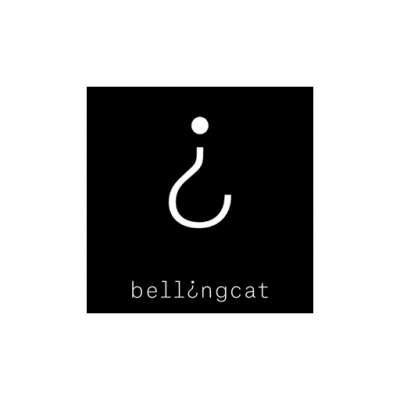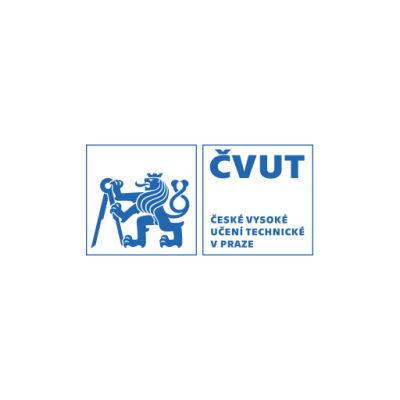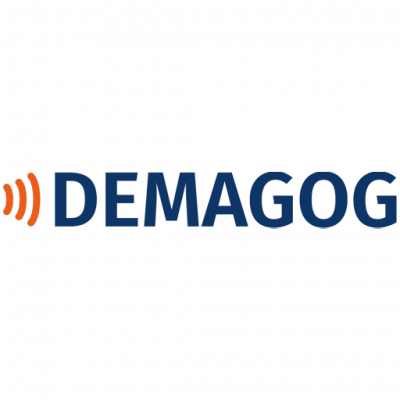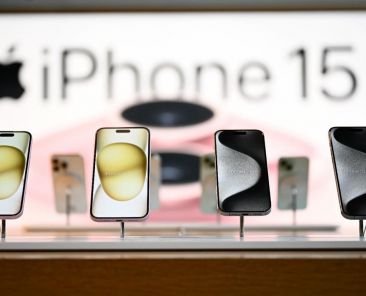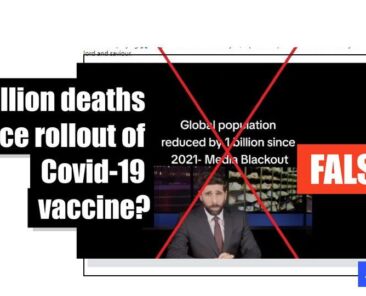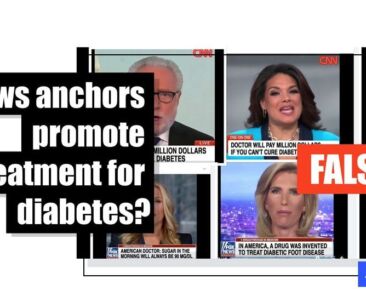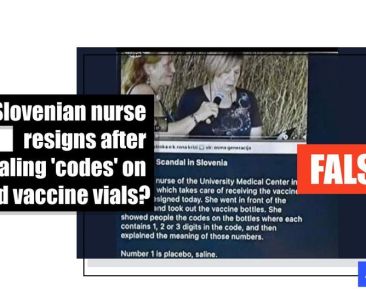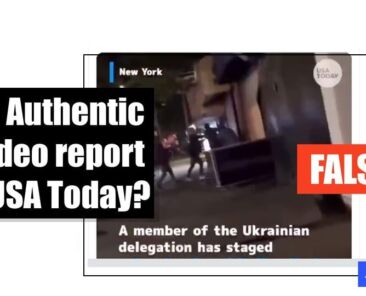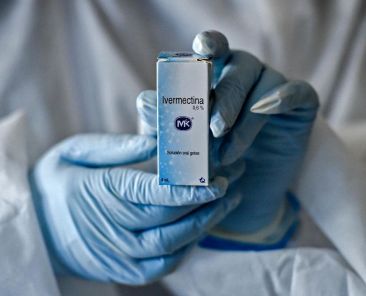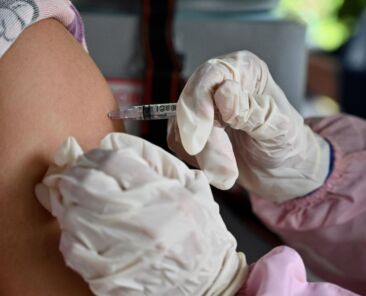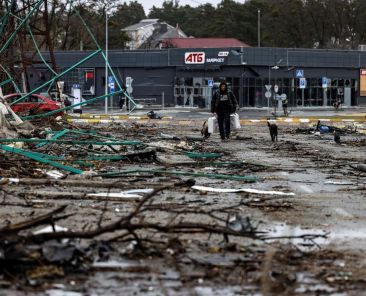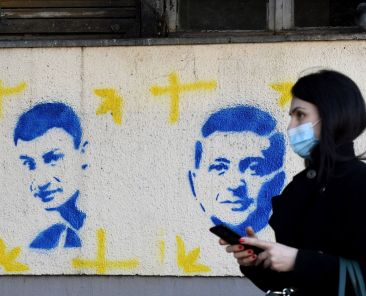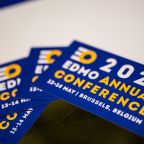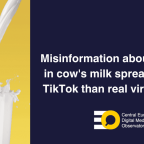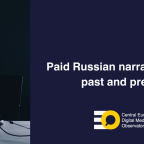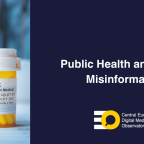About CEDMO
The Central European Digital Media Observatory (CEDMO), as an independent non-partisan multidisciplinary hub, aims to identify, research and prioritise the most critical sources and causes of information disorders in Central Europe (mainly the Czech Republic, Slovakia and Poland). This international consortium was created to propose a set of short and longer-term actions, as well as recommendations to help civil society, public institutions and the private sector respond to the declining trust in key institutions and help society to resist the effect of increasing exposure to mis- and disinformation.
By interacting and coordinating with European Digital Media Observatory (EDMO) and other regional EDMO hubs in EU, CEDMO will contribute to curbing threats posed by information disorders, including disenchantment with the democratic processes, and discord in civil society in Europe, and to building community and nation-wide resilience while protecting information ecosystems.
About CEDMO
The Central European Digital Media Observatory (CEDMO), as an independent non-partisan multidisciplinary hub, aims to identify, research and prioritise the most critical sources and causes of information disorders in Central Europe (mainly the Czech Republic, Slovakia and Poland). This international consortium was created to propose a set of short and longer-term actions, as well as recommendations to help civil society, public institutions and the private sector respond to the declining trust in key institutions and help society to resist the effect of increasing exposure to mis- and disinformation.
Our Partners
About CEDMO
The Central European Digital Media Observatory (CEDMO), as an independent non-partisan multidisciplinary hub, aims to identify, research and prioritise the most critical sources and causes of information disorders in Central Europe (mainly the Czech Republic, Slovakia and Poland). This international consortium was created to propose a set of short and longer-term actions, as well as recommendations to help civil society, public institutions and the private sector respond to the declining trust in key institutions and help society to resist the effect of increasing exposure to mis- and disinformation.
Our Partners
“BE Aware! If you have an iPhone and have done the recent iOS 17 update, they have set a new feature called NameDrop to default to ON. This allows the sharing of contact info just by bringing your phones close together,” says digital creator Samantha Couturier in a November 26, 2023 Facebook post.
The image appearing to show a child trapped under concrete blocks was posted here on Facebook on October 19, 2023, and has since been shared more than 4,000 times.
“[One] billion people around the world are now dead (poisoned) since the rollout of the covid jab,” reads the opening line of a Facebook post shared more than 8,000 times since it was posted here on October 27, 2023.
“An American doctor said he would pay a million dollars to anyone who would not cure diabetes with his new drug,” CNN anchor Wolf Blitzer appears to say in a November 6, 2023 Facebook reel. The video then cuts to a purported endorsement from Mehmet Oz, a physician and former TV host who ran an unsuccessful Senate campaign in 2022.
“BREAKING: The UK is no longer recommending the Pfizer-BioNTech CV19 mRNA vaccine for pregnant women,” says an August 29, 2022 tweet with tens of thousands of interactions. “Also, they recommend women of child bearing age must rule out suspected pregnancy prior to vaccination.”
The claim was widely shared alongside an image of the purported nurse in Serbia, New Zealand, Australia, the US, the Philippines and Canada.
The one-minute, 56-second video was shared on Facebook here by a Malaysia-based user on June 29, 2022.
“Media: One of #Zelensky’s bodyguards brought his chief’s visit to the #US to a vibrant conclusion starting a fight in a bar not far from the UN office because the visitors didn’t want to shout out after him ‘Glory to Ukraine,'” says a September 26, 2023 X post shared by the Russian embassy in South Africa.
“We will never impose unnecessary and heavy-handed measures on you, the British people. We will still meet our international commitments and hit Net Zero by 2050,” Sunak said in a tweet (archive) on September 20, 2023, marking a major climate announcement.
“OOPS: Billboard in New York accidentally greets Zelenskyy with ‘Glory to Urine’ instead of ‘Glory to Ukraine,'” said a September 21, 2023 post sharing the 6-second clip on X, the site formerly known as Twitter.
“Tornado hurricane patents… Do you get it yet? … The weather is weaponized and controlled,” says text over the video, which shows pages from the two patent filings.
“Ivermectin reduces COVID death risk by 92%, peer-reviewed study finds,” says a September 28, 2022 Instagram post with more than 43,000 likes.
The one-minute, 56-second video was shared on Facebook here by a Malaysia-based user on June 29, 2022.
“BREAKING: COVID-19 Vaccine Can Cause Blindness,” says the title of a May 5, 2023 tweet.
Across Instagram, TikTok and YouTube, women and girls wanting to increase the size of their chests, hips and thighs discuss how they have “tried everything” to gain a few pounds without success until they discovered a “miracle product” which allowed them to go from 110 to 135 pounds in a matter of weeks.
“Apeel is the latest food tech from Bill Gates! It’s designed as an edible film to keep produce from going bad,” says an April 20, 2023 tweet. “Do you trust it to be safe!? I would avo!d it like the pl@gue!”
On April 3 the Russian defence ministry shared on its Telegram feed — which has nearly 200,000 followers — a 21-second video of the scene alongside a comment that it was “fake”.
The video, published on Facebook on March 7, 2022, has been viewed over 7.6 million times and shared more than 48,000 times.



